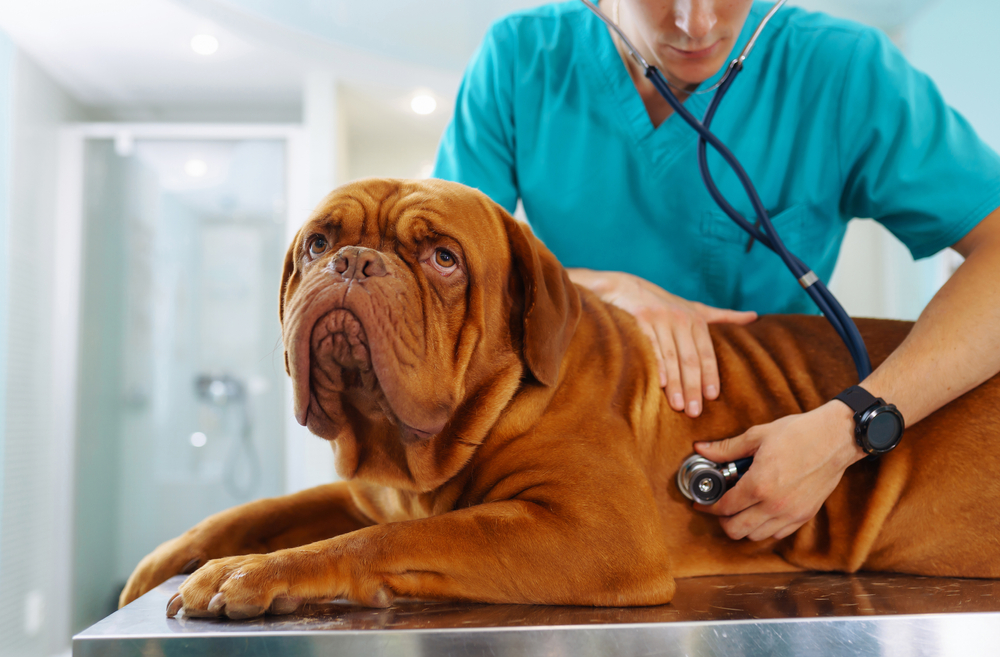Cloning animals has become increasingly common, extending even to camels and horses.
Others are reading now
Pet cloning is available in the United States. Several companies offer pet cloning services, the most notable being ViaGen Pets, which has been providing cloning services for pets since the early 2000s.
Accoding to 20minutos these services are available for a variety of pets, including dogs, cats, and horses.
This entirely legal reproduction technique raises significant ethical and moral questions. The practice of cloning dates back to 1996 when scientists at the Roslin Institute in Scotland successfully cloned a mammal from an adult cell for the first time, giving birth to Dolly the sheep. This scientific milestone opened the door to the world of genetic engineering.
The Process and Its Ethical Dilemmas
Cloning animals has become increasingly common, extending even to camels and horses. Sometimes it makes sense to clone a wellperforming horse, but others decide to clone their beloved pet.
Also read
Pet cloning in the U.S. has generated considerable debate over ethical and moral implications, including concerns about animal welfare, genetic diversity, and the emotional expectations of pet owners.
Despite these concerns, the service remains popular among some pet owners who wish to recreate a beloved animal.
Costs and Future Prospects
To clone a pet, a sample of the animal’s skin tissue is needed, either while it is alive or immediately after death. From this biopsy, cells called fibroblasts are generated and their nuclei, containing the genetic information, are injected into an enucleated egg of the same species.
This embryo, with 99.9% of the original animal’s genetic material, is then implanted in a female to gestate. The resulting clone will not be identical in behavior or appearance due to epigenetic factors.
The cost of cloning a pet in the U.S. can range from $25,000 to $50,000, depending on the animal.


